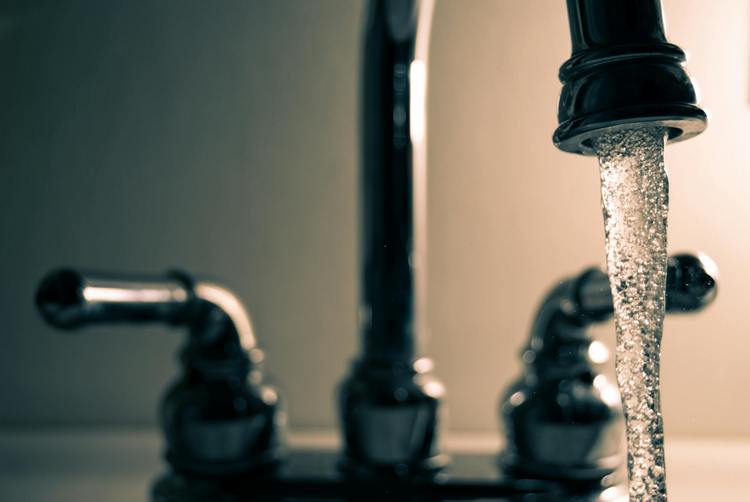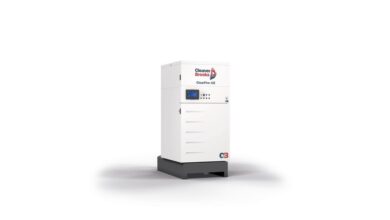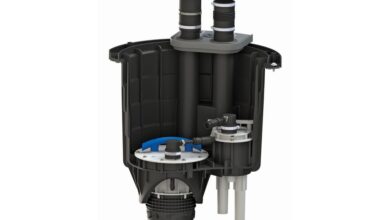
Plumbing Manufacturers International tracks the many moving parts of the codes and standards
landscape to update members about changes that could affect their products, customers and public
health. Recent codes and standards that crossed PMI’s radar involve proposed revisions to the WaterSense high-efficiency faucet specifications, inclusion of non-sewered sanitation systems in the International Plumbing Code, and modifications to codes for non-potable, water-reuse systems.
EPA considers additional WaterSense faucet specs
PMI and its members have been providing comments and suggestions as the Environmental Protection
Agency considers the addition of other types of faucets to the WaterSense labeling program.
In March, the EPA issued a notice of intent to consider a revision of the high-efficiency lavatory faucet
specification to allow other types of faucets to earn the WaterSense label. The EPA may develop new
specifications or expand the scope of the existing specification to include kitchen faucets, public lavatory
faucets and metering faucets, and add bar sink faucets. If the new faucet categories are added to the
specification, the EPA plans to establish clear definitions and criteria for each category.
PMI worked with members to address technical, performance and safety aspects of the potential
changes. The association submitted comments strongly encouraging the EPA to incorporate definitions
and criteria by working through the applicable product standards committees before making any further
changes to the specification or adding new categories of products. In the past, the EPA has successfully
partnered with product standards committees to develop definitions, such as recently incorporating a
definition for a rain shower.
Non-sewer sanitation systems provide strong water-efficient alternatives
A proposal to include non-sewer sanitation systems in the 2024 International Plumbing Code is another
major step for plumbing manufacturers and others to develop water-efficient alternatives to traditional
toilets and sewer systems. Non-sewer sanitation systems are standalone integrated sewage treatment
units not connected to a public sewer or private sewage disposal system.
NSSSs can help meet critical public health needs in areas with limited water and wastewater
infrastructure, water supply constraints, or unfavorable soil for traditional on-site disposal methods.
While the technology has been proven for these systems, it still needs to be commercially developed.
Manufacturers, including a PMI member, have been working with universities and other organizations to
cultivate “reinvented toilets” and other compliant systems that can be installed domestically and
internationally.
Text was proposed for inclusion in the 2027 IPC specifying that non-sewered sanitation systems will
comply with ANSI/CAN/IAPMO/ISO 30500. IAPMO published the ANSI/CAN/IAPMO/ISO 30500 standard
in 2019 as a national adoption of the ISO standard for the U.S. and Canada for non-sewered sanitation
systems. The 2024 Uniform Plumbing Code published by IAPMO also includes NSSSs.
Modify the IPC to accommodate both potable and non-potable water lines
The current International Plumbing Code allows for providing non-potable water indoors – specifically
for toilet flushing and other applications. The code is being changed to adapt to water-efficient water
reuse systems. While this change is generally a good idea, PMI has requested the existing code be
modified to allow for both potable and non-potable water lines in a toilet area.
When a residential building is plumbed with a non-potable water supply line to the toilet, residents
opting for a smart toilet or personal hygiene device must connect to the available non-potable water
supply or re-pipe with a potable water supply line for proper installation of a smart toilet. This can be
expensive after move-in but can be economically addressed during initial construction.
Personal hygiene devices and smart toilets are crucial for many Americans with medical conditions,
special needs or limited mobility. An allowance in the existing code to include provisions for these
products is important to ensuring public health and safety. The water quality used with smart toilets and
personal hygiene devices must be free of any pathogens that could cause infection or disease and,
therefore, must be treated at a minimum in following regulations for potable water.
PMI will continue to regularly gather member input to weigh in on certain issues and offer technical expertise
and feedback when needed.
Kyle Thompson is the technical director of Plumbing Manufacturers International. Thompson has spent
more than 13 years in plumbing manufacturing and plumbing standards development. He can be
reached at kthompson@safeplumbing.org.



